A protective barrier of metal, plastic, or rubber surrounds a coat of wire – shielding it from wear, corrosion, and Mother Nature’s other harsh elements. It is used for a range of purposes – ranging from electrical wiring, plumbing, and jewelry making.
Coated wire comes in a variety of forms, each with its own set of pros and cons. The two most popular varieties are those covered in metal and plastic. Metal-coated wire is usually comprised of copper or aluminum and shielded in a thin layer of zinc, tin, or any other metal. This type of coated wire is quite sturdy and holds up well under extreme conditions. Plastic-coated wire usually consists of aluminum or copper interwoven with a slim coating of PVC or other plastic. This kind of coated wire has a greater level of flexibility than its metal counterpart and is more resistant to corrosion.
The coating on coated wire plays an important role in electrical wiring, allowing the wire to securely attach to its components while protecting it from damage. This type of wire is found in a multitude of applications due to its versatile nature and is traditionally used to join various electrical components together and form a functional circuit.
Metal or plastic pipes and tubes are often coated with a unique material known as coated wire to help ward off corrosion. This type of wire is not only utilized in plumbing – it is also frequently used by jewelry makers to assemble stunning pieces of jewelry, be it for beads or other small objects. These pieces can combine beautiful elements to create one-of-a-kind adornments.
Boasting a range of invaluable benefits, coated wire is an ideal choice for electrical projects. More supple and featuring a protective outer coating, it stands up better to damage, wear, and corrosion compared to other types of wire. However, coated wire does face some drawbacks; the coating can challenge soldering operations and increase the wire’s resistance.
When working with electrical wiring, it is essential to select the appropriate coated wire for the job. Metallic-sheathing is ideal for electrical wiring as it is exceedingly sturdy and long-lasting. For plumbing, plastic-clad wire functions well as it is more malleable and resists oxidation. If your desired outcome is the combination of ease of assembly and low resistance, then coated wire is your best option.
Related Product

Twister Tool
Handle Twister tool,plastic handle: Weight: 0.4kg Color: Black, blue,yellow ,red etc Material: Carbon Steel Plastic Handle Wire Tie / Tying Hook Tool Twister Wooden Handle […]
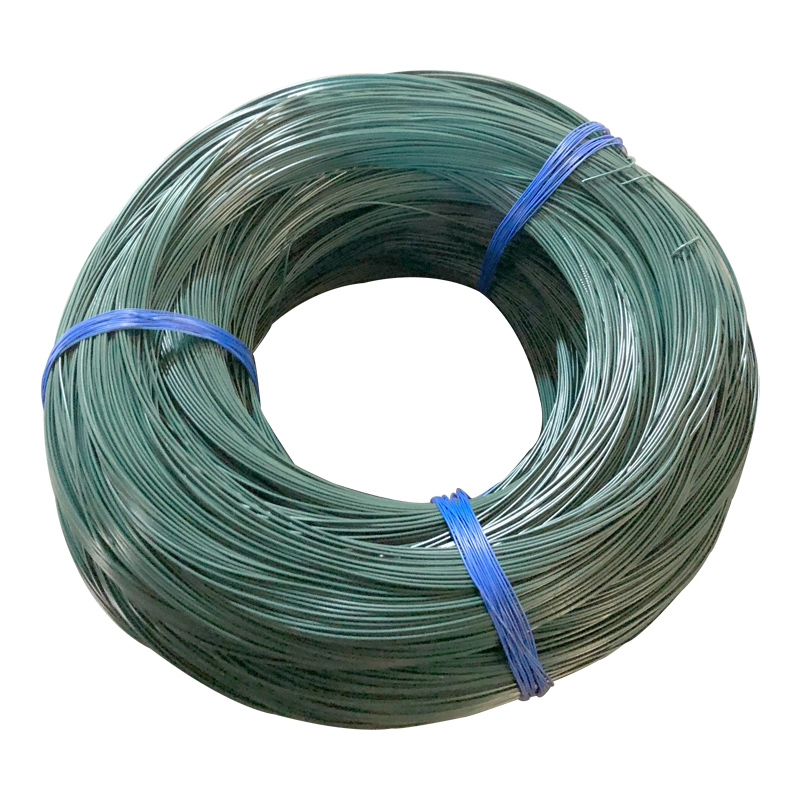
PVC Coated Wire
PVC coated wire, also called plastic coated wire, after high temperature dissolution cooled solid PVC particles uniformly wrapped in high-quality black iron wire and galvanized wi […]
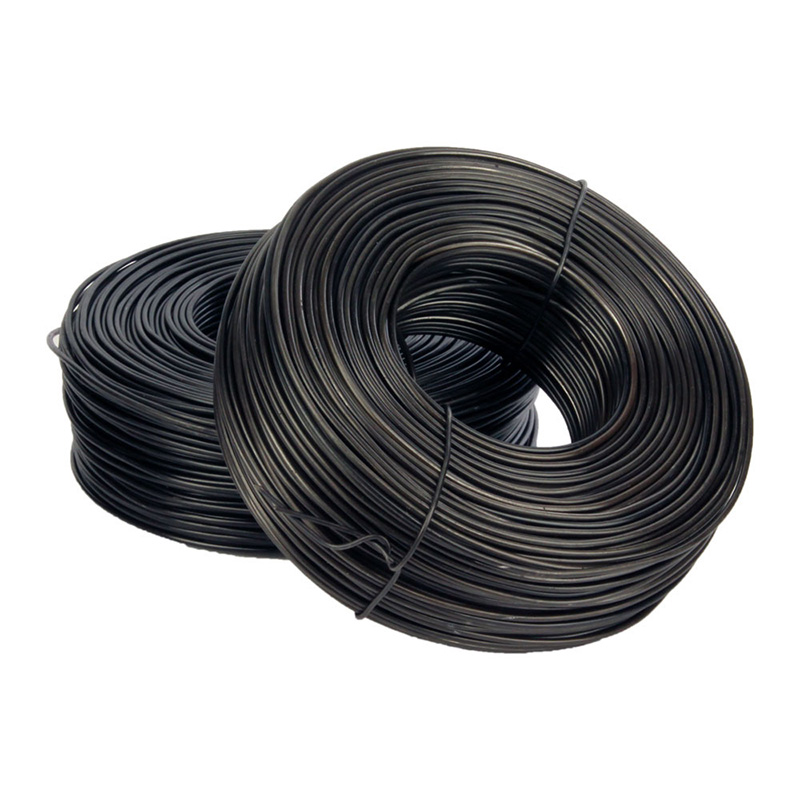
Tie Wire
Production Process of rebar tie wire : Steel rod coil — Wire Drawing — Wire Annealing–Rust Removing–Acid Washing– Boiling– Drying– Zinc Feeding– Wire Coiling. Wires Type 1.Galvaniz […]
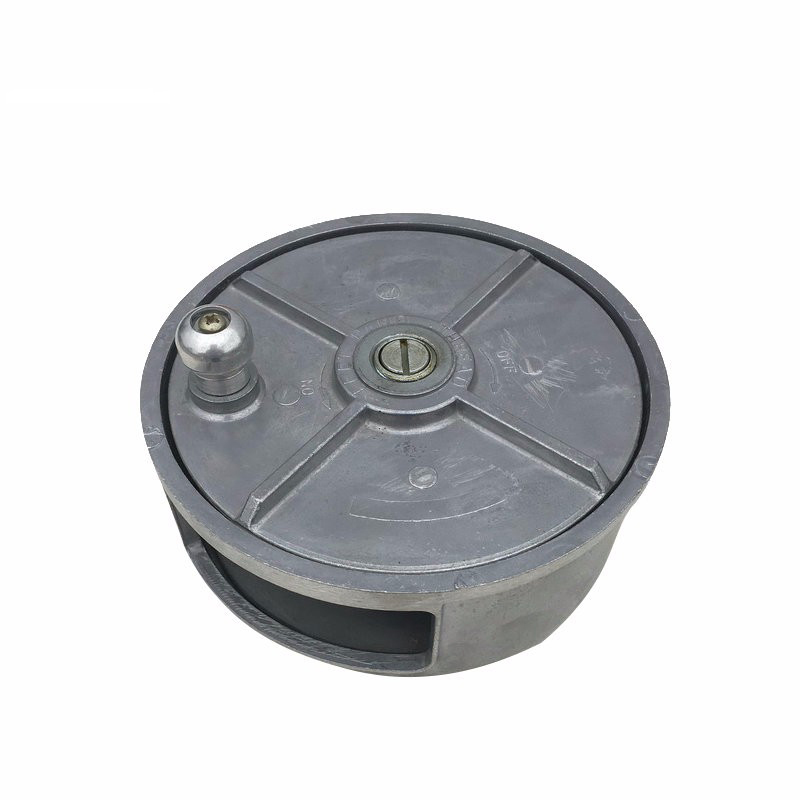
Reel Wire Tool
Product information: Specification of Aluminum Tie Wire Reel Material Plastic & Aluminum Weight 1.95LBS Application Binding Wire MOQ 1000pcs Sample Free Package 5PCS/CARTON &nb […]
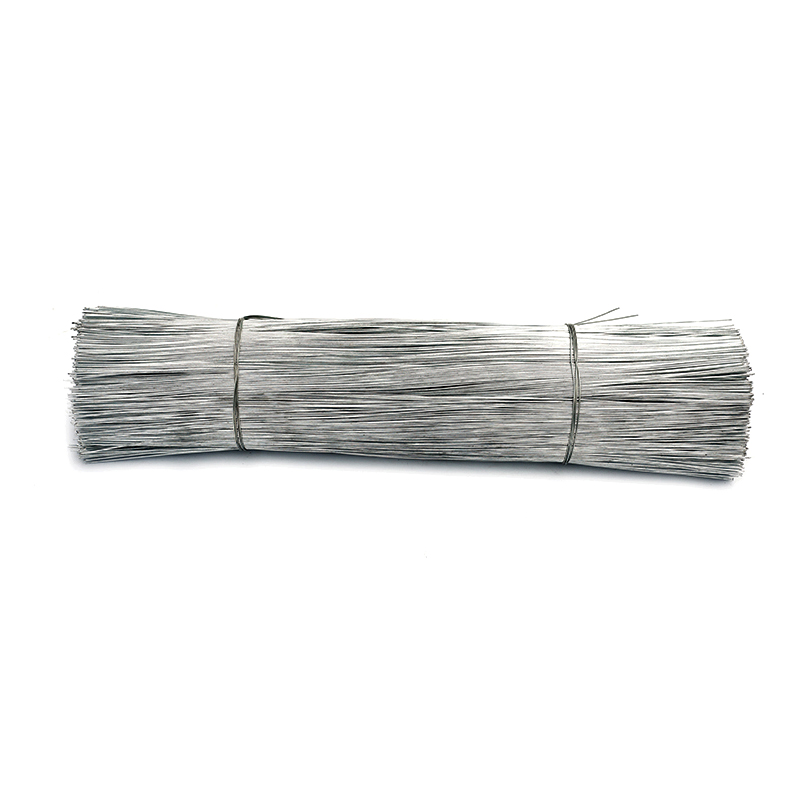
Cutting Wire
Product Description: Product Name Cutting Wire Zinc Coating 30-70g Place of Origin Chinese mainland Tensile Strength 33-50kg/mm2 Material Electro galvanizedHot dipped galvan […]
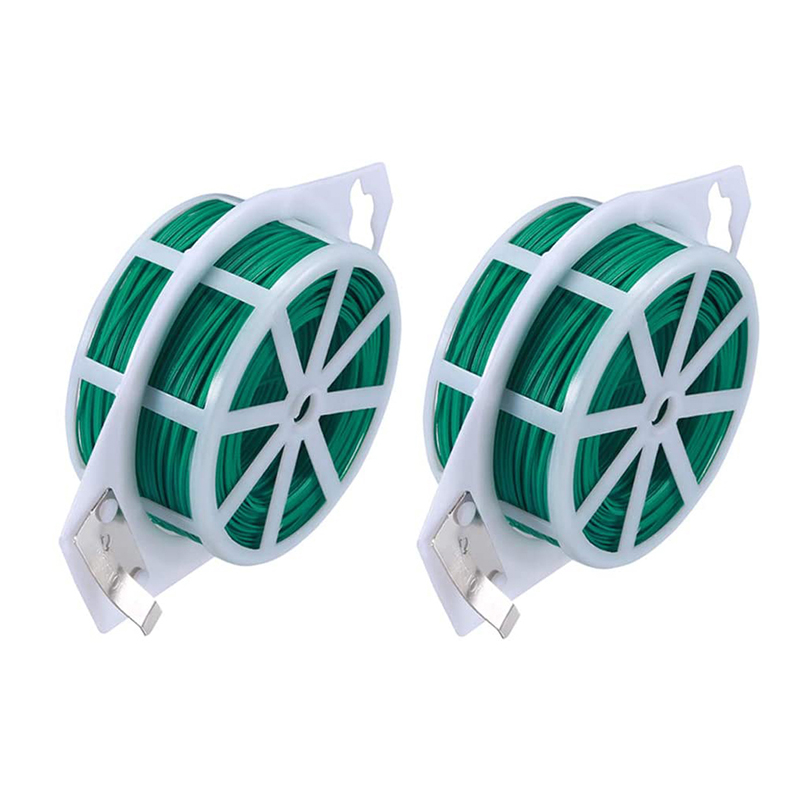
Garden Wire
Product information: The garden shingling is made of pvc plastic and high-quality galvanized iron wire, which is 3 to 4 times faster than any material, and the buckle is loose, the […]
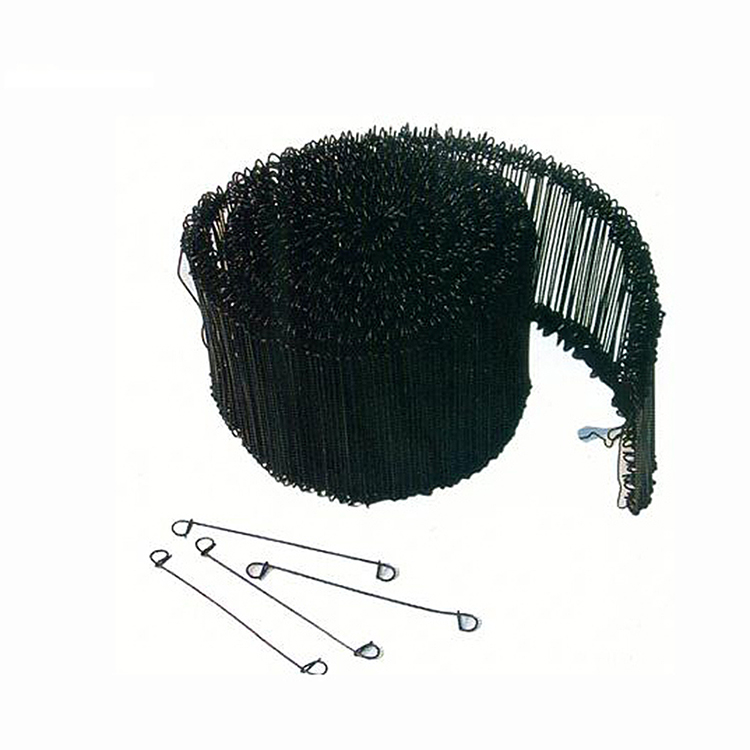
Double Loop Tie Wire
Double loop tie wire material Product Information: Wire diam. 0.5mm—2.0mm Finishes Black Annealed. Galvanized Annealed, Coppered, PVC coated, Stainless steel Wire gauge BWG6 […]
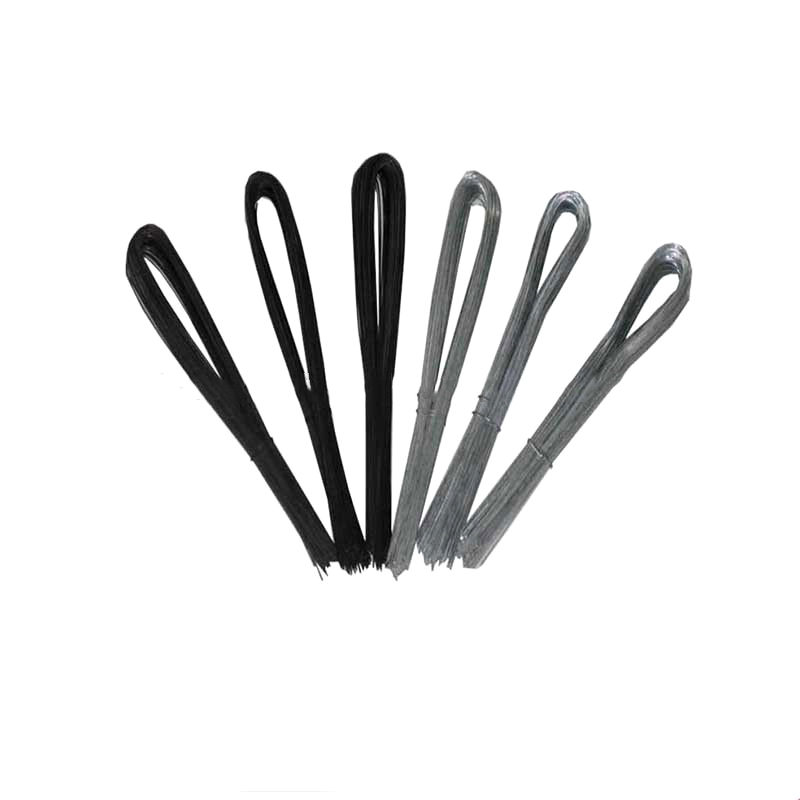
U Type Wire
Product information: Product Name Scaffolding Packing Galvanized Tie Wire Cuttings U Type Binding Wire Material Electro galvanized,hot dipped galvanized,black annealed,PVC coated W […]
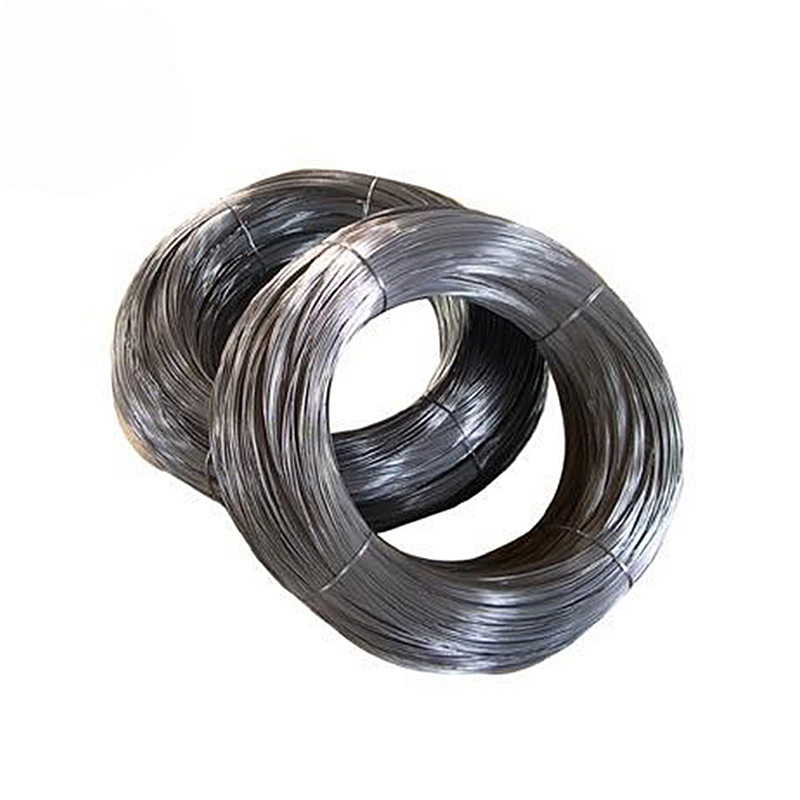
Galvanized Wire
Product information: Product Name Galvanized Wire Package 5kgs/roll, pp film inside and hassian cloth outside or pp woven bag outside 25kgs/roll, pp film inside and hassian […]
Post time: 2023-06-30
